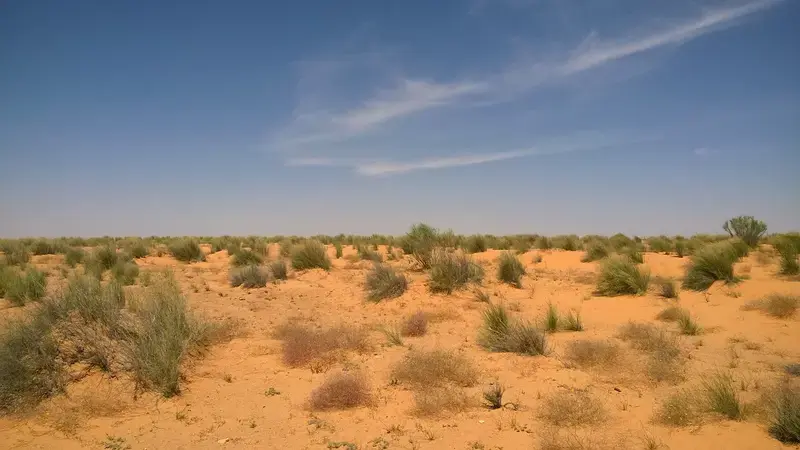Addressing rangeland degradation in Tunisia

A recent workshop in Tunisia brought together farmers, community and agricultural organizations, and local authorities to discuss rangeland management strategies – in particular identifying conditions for enhancing rangeland governance, including sustainable land tenure systems and more reliable and comparative assessments of land-use impacts.
Organized jointly by IRA Médenine (Institut des Région Arides de Médenine) and ICARDA within the framework of the CGIAR Research Program on Policies, Institutions and Markets, the workshop was designed to address increasing degradation across Tunisia’s 4.4 million hectare rangelands.
Some 64% of Tunisia’s rangelands are collectively owned – with an additional 28% in private hands and 8% publically-owned. The sustainable management of these fragile areas requires urgent land tenure and governance reforms.
Workshop participants were divided into two groups – each focused on one region with specific distinct management contexts and land tenure systems: Kebili and Tataouine. Participants discussed the meaning and definitions of ‘good governance’ in the context of rangelands, emphasized the lack of studies, and called for more participatory research.
Both the Kebili and Tataouine working groups identified relevant indicators of good governance in their respective areas, helping to identify effective forms of governance and the primary factors shaping governance, with a particular focus on social, economic, institutional and environmental factors.
Moving forward, researchers will gather field data from pastoralists to explore the main factors controlling governance and help further identify options to improve rangeland management. The results will be presented at a final workshop in December to initiate discussions between stakeholders and decision makers.
The workshop was facilitated by Dr. Mongi Sghaier, Agricultural Economics Researcher at IRA Médenine.
